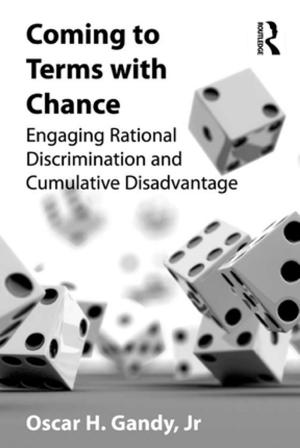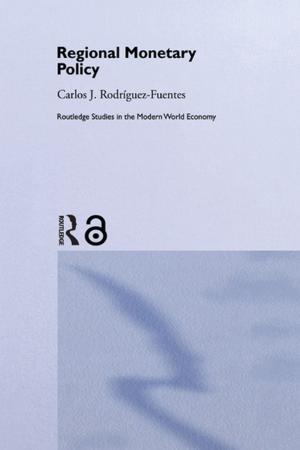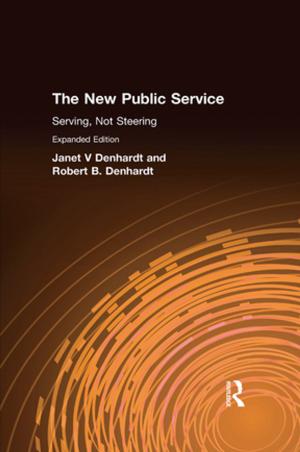Energy Access, Poverty, and Development
The Governance of Small-Scale Renewable Energy in Developing Asia
Nonfiction, Social & Cultural Studies, Social Science, Human Geography| Author: | Benjamin K. Sovacool, Ira Martina Drupady | ISBN: | 9781317143734 |
| Publisher: | Taylor and Francis | Publication: | April 29, 2016 |
| Imprint: | Routledge | Language: | English |
| Author: | Benjamin K. Sovacool, Ira Martina Drupady |
| ISBN: | 9781317143734 |
| Publisher: | Taylor and Francis |
| Publication: | April 29, 2016 |
| Imprint: | Routledge |
| Language: | English |
This book showcases how small-scale renewable energy technologies such as solar panels, cookstoves, biogas digesters, microhydro units, and wind turbines are helping Asia respond to a daunting set of energy governance challenges. Using extensive original research this book offers a compendium of the most interesting renewable energy case studies over the last ten years from one of the most diverse regions in the world. Through an in-depth exploration of case studies in Bangladesh, China, India, Laos, Indonesia, Malaysia, Mongolia, Nepal, Papua New Guinea, and Sri Lanka, the authors highlight the applicability of different approaches and technologies and illuminates how household and commercial innovations occur (or fail to occur) within particular energy governance regimes. It also, uniquely, explores successful case studies alongside failures or "worst practice" examples that are often just as revealing as those that met their targets. Based on these successes and failures, the book presents twelve salient lessons for policymakers and practitioners wishing to expand energy access and raise standards of living in some of the world's poorest communities. It also develops an innovative framework consisting of 42 distinct factors that explain why some energy development interventions accomplish all of their goals while others languish to achieve any.
This book showcases how small-scale renewable energy technologies such as solar panels, cookstoves, biogas digesters, microhydro units, and wind turbines are helping Asia respond to a daunting set of energy governance challenges. Using extensive original research this book offers a compendium of the most interesting renewable energy case studies over the last ten years from one of the most diverse regions in the world. Through an in-depth exploration of case studies in Bangladesh, China, India, Laos, Indonesia, Malaysia, Mongolia, Nepal, Papua New Guinea, and Sri Lanka, the authors highlight the applicability of different approaches and technologies and illuminates how household and commercial innovations occur (or fail to occur) within particular energy governance regimes. It also, uniquely, explores successful case studies alongside failures or "worst practice" examples that are often just as revealing as those that met their targets. Based on these successes and failures, the book presents twelve salient lessons for policymakers and practitioners wishing to expand energy access and raise standards of living in some of the world's poorest communities. It also develops an innovative framework consisting of 42 distinct factors that explain why some energy development interventions accomplish all of their goals while others languish to achieve any.















